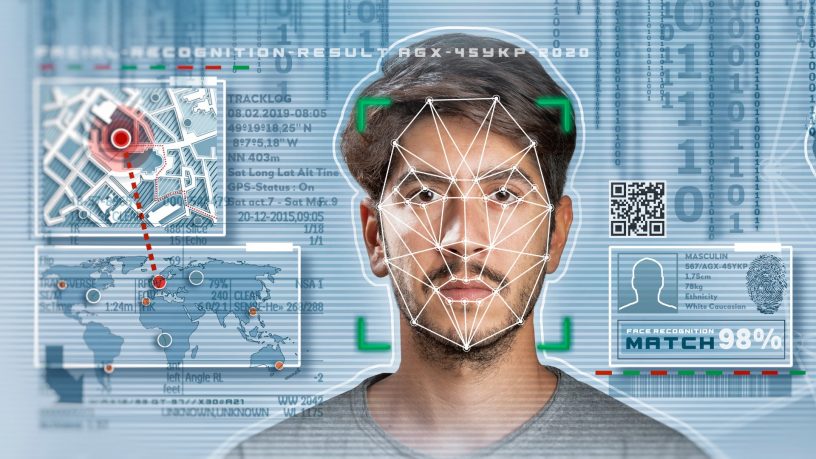The College of Policing has announced the release of new guidance to ensure the use of facial technology is “legal and ethical,” but civil liberties organizations have called it an “atrocious policy and a hammer blow to privacy and liberty.”
Critics say that it might result in individuals with mental health issues being put on a list if they are sought by police.
Several organizations opposing the use of facial recognition technology are concerned that the new guidance would exacerbate the problem rather than help. “The safest, and only, thing to do with facial recognition is to ban it,” they added.
Facial Recognition was introduced in 2019 and has been dubbed “Orwellian surveillance technology” due to the significant privacy concerns raised by its use.
Silkie Carlo, director of the civil liberties and privacy campaigning organization Big Brother Watch, said the group had;
“warned about mission creep with this Orwellian surveillance technology and now we see that this new policy specifically allows innocent people to be put on facial recognition watchlists”
“This includes victims, potential witnesses, people with mental health problems, or possible friends of any of those people. It is an atrocious policy and a hammer blow to privacy and liberty in our country,” she said.
Despite all of the obvious privacy issues, the College of Policing is looking at the positive aspects of how facial recognition technology is assisting the police in capturing some of the most dangerous criminals.
David Tucker, head of crime at the College of Policing, added:
“We hope that those with concerns about this technology will be reassured by the careful safeguards we’ve set out as requirements for the police who wish to use it, based on a consistent and clear legal and ethical framework across all police forces.â€







